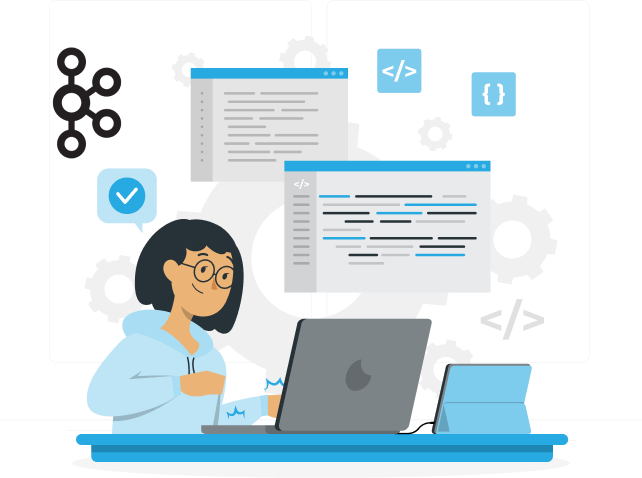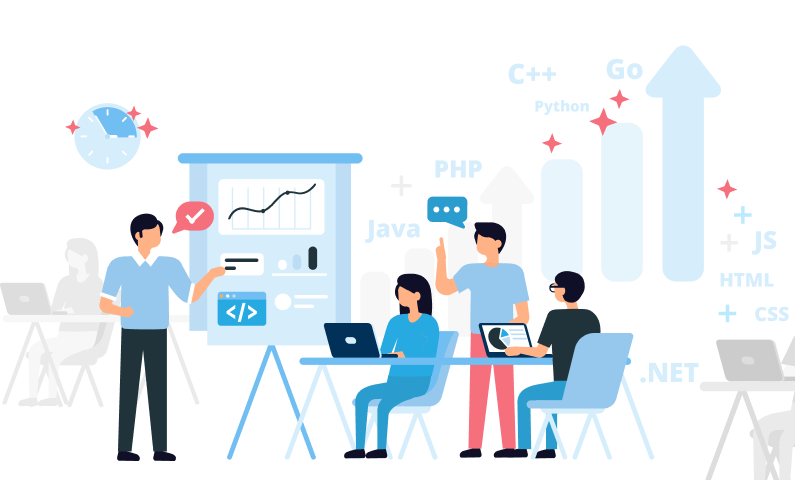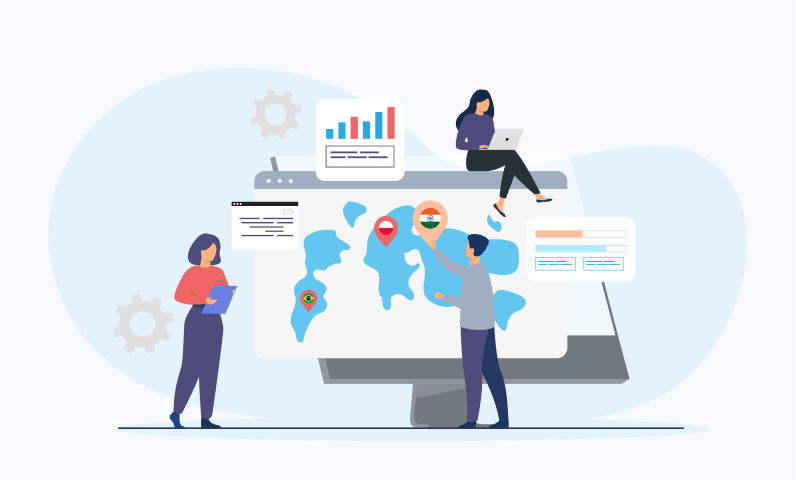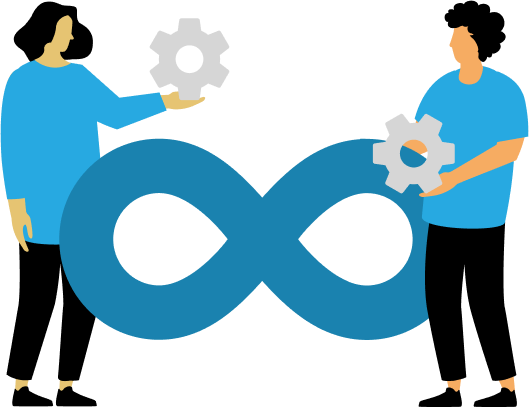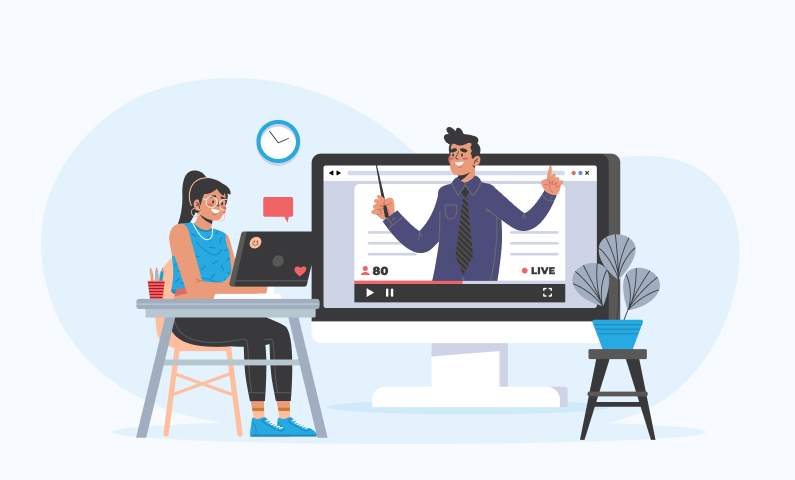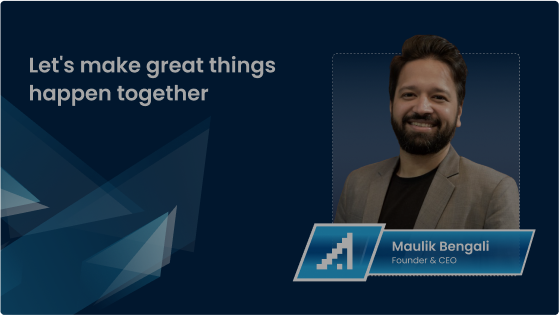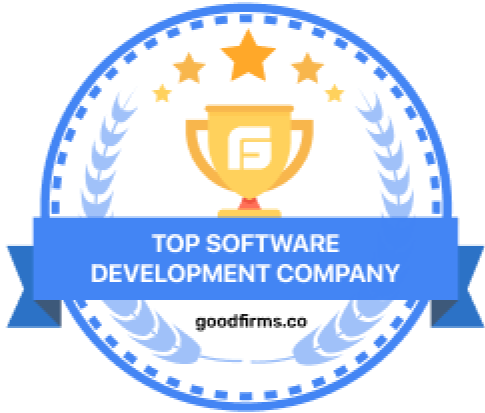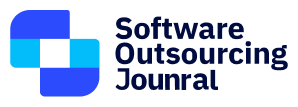The fast-paced changes in the healthcare scenario have emerged as the new normal nowadays. The inclusion of technology is no longer an option but a necessity for the fast changes that are taking place in healthcare. This includes healthcare software types that plays an important role in enhancing patient care and improving operational efficiency within healthcare institutions.
It broadly encompasses the various types of healthcare software, their functionalities, and how they help health organizations grow and perform.
This blog unwraps the healthcare software types and their benefits to provide a clearer view of the different types.
Why is Healthcare Software Needed?
There is much diversity in healthcare software applications, ranging by unique needs and specific spectrums of medical professional and patient needs. These application programs run from records management to telemedicine consultation and remain a core part of the new schemes of healthcare delivery.
Healthcare providers are bound to redefine their terms of service in this rapid wave of the digital revolution; hence, organizations can no longer resist using the right software solutions to remain competitive and compliant.
Advantages of Healthcare software:
Here are the significant benefits associated with Healthcare software:
Good Quality Patient Care:
The immediate availability of patient data to the healthcare staff enables them to provide quality patient services.
Efficiency:
The administrative portion of the workload is reduced since most of the clerical work is auto-completed, ensuring that the staff members can spend more hours interacting with the patients.
Data Safety:
Patient-sensitive data would be safe through adequate security measures and hence not in conflict with HIPAA compliance.
Reduced Costs :
Streamlining the process lowers activity expenses since healthcare institutions maximize the use of resources.
Healthcare Software Types:
Let us unveil the healthcare software types along with its benefits:
Electronic Health Records (EHR)
EHR is a computer-based version of a patient’s paper chart, primarily available in hospitals and clinics. The system summarizes a patient’s complete medical history, including prescriptions, allergies, lab test results, treatment, and recommended courses of action.
Benefits:
EHRs enhance the richness of patient information and support effective communications between providers. They also make the information-sharing process between different facilities much easier.
Telemedicine Software
The second one on the healthcare software types is the Telemedicine software. This software enables care providers to access patients through video calls or messaging. This has been extremely crucial in COVID-19 care.
Benefits:
It increases the capacity for care available for patients in remote locations. It reduces the likelihood of patients and providers waiting in lines around the block to gain an in-office appointment.
Hospital Management Systems (HMS)
HMS are interlocked software applications that integrate all processes, from patient registration and scheduling to billing and inventory management, under one roof of a hospital.
Benefits:
It promotes productivity since most routine hospital administrative functions are bundled into one system.
Medical Billing Software:
It automates the delivery of billing services and includes other processes like claims processing, payment tracking, and revenue cycle management.
Benefits:
This type of medical or hospital billing software decreases potential billing errors and increases cash inflow for healthcare providers through fast payments.
E-Prescribing Software:
E-prescribing software enables the electronic communication of prescriptions from healthcare providers to pharmacies. It prevents the use of paper prescriptions and reduces the number of errors committed during the preparation of those paper prescriptions.
Benefits:
It increases patient safety by reducing the percentage of medication errors and makes the task much easier for doctors.
Patient Management Software
Patient management software links the healthcare organization with patients at every step of the care continuum, from appointment scheduling to post-care follow-up messaging.
Benefits
It helps achieve greater patient satisfaction through more effective appointment scheduling and customized messaging.
Medical Imaging Software
Medical imaging software captures and images various diagnostic tests, including X-rays, MRIs, and CT scans.
Benefits:
It also vividly visualizes health conditions more effectively. This allows for proper diagnosis and treatment plans.
Laboratory Information System (LIS):
LIS enables the laboratory to run efficiently by tracking samples, ordering tests, result reporting, and quality control automation in the laboratory.
Benefits:
This software provides systems for effectively streamlining laboratory activities by minimizing human errors and time consumption while delivering test results.
Pharmacy Management Software:
Pharmacy management software manages the pharmacy’s activities, including inventory tracking, prescription processing, and customer records.
Benefits:
Pharmacy management systems ensure proper drugs are dispensed while optimizing drug stock management.
Medical Equipment Management Software
Medical equipment management software monitors the health facility’s medical devices according to their uses and maintenance schedules.
Benefits:
It can maintain its availability at the time of requirement, with minimal downtime resulting from maintenance-related problems.
Health Monitoring Apps:
Using a mobile device or wearables, these applications can track health metrics, including heart rate, blood pressure, and other physical activity.
Benefits
Health monitoring applications are mainly a self-service tool. Patients can be in control of their health through their daily activities as they monitor them and make better choices in life.
Remote Patient Monitoring (RPM)
RPM software brings information from the patient outside the clinical care space by employing devices such as wearables or home monitoring devices.
Benefits:
Thus, a healthcare provider can trace the condition of their patients, and then, at the right time, it is possible to intervene when necessary.
Medical research software
Medical research software allows any researcher to gather data in a clinical trial or study by employing participant information management and tracking outcomes.
Benefits:
This software rationalizes the process by streamlining the data collection and analysis process so that the relevant regulations are followed.
Appointment Scheduling Software
The last one on the list of healthcare software types if the appointment scheduling software. This is software that eases the process of booking an appointment between patients and providers online, either through a platform or even a mobile application.
Benefits:
Automated patient appointment scheduling systems help minimize the no-show rate by sending automatic reminders to patients and optimizing provider schedules.
Healthcare Software Analytics
Healthcare organizations use analytics tools to analyze enormous amounts of data and draw trends that can help improve decisions, such as operational efficiencies and patient decision-making outcomes.
Benefits:
Healthcare organizations use data analytics to make clear-cut decisions that improve resource utilization and patient outcomes.
Source: Narola Infotech
Real-time Case Studies:
Here are a few real-time case studies from Ajackus in the Healthcare sector:
Case Study: Juvoxa
Health tech platform Juvoxa aimed to change the prescription of digital solutions by the doctor for patients. Challenged by the efficient curation and sharing of content in clinic interactions, Juvoxa collaborated with Ajackus to construct a web app easily accessible by doctors and mobile applications for patients.
Implemented by our team, the system ensures that doctors prescribe more than 6,500 content and tech care tools with such ease that the entire prescription process becomes a seamless one. This sort of innovation doesn’t only enhance patient engagement and outcomes but also empowers doctors to deliver personalized care through timely information as well as tracking of treatment.
Case Study: WAI
WAI is a current self-assessment solution based on dermatoglyphics. Its operations have utilized much labor since its whole process included finger printing collection and also fingerprint analysis. The company Ajackus partnered with WAI to automate the same processes by creating a system that enables the use of any smartphone camera to capture fingerprints and develop individual reports from complicated print patterns.
This was the biggest change because it streamlined operations for WAI executives while allowing them to focus more closely on counseling and customer service rather than labor-intensive tasks. Integration of secure cloud storage with an easy payment system helped maintain an overall user experience that resulted in better service delivery and increase user satisfaction.
Case Study: Powered to Rise
Powered to Rise intended to build upon its digital advocacy platform in the US health ecosystem but was facing problems managing data using Notion. Ajackus stepped in to mould the structured data management system with smooth integration into Notion, protecting the data and access.
We implemented Zapier for real-time inter-synchronization between Notion and Airtable for easy, efficient entry processes and enhanced operational management capabilities. That would then allow bi-directional synchronization sustained both by platforms so Powered to Rise could make decisions as fast and effective as possible.
Case Study: Raya Health
Raya Health wanted to increase patient engagement with a more digital platform but failed in overall ‘delivery of personalized health information’. By this partnership, Ajackus worked with Raya Health in developing a convenient application, assisting healthcare service providers to make useful and niche-based resources available to patients in real-time.
Our solution consisted of automated reminders and adaptable content delivery capabilities that helped enhance the experience of the patient in totality. This collaboration did not only streamline communication among the different healthcare providers to patients but also created better health outcomes as a result of heightened engagement.
Case Study: Medicines Patent Pool
The Medicines Patent Pool (MPP) was established to improve access to affordable medicines in low- and middle-income countries but had inefficient data management and reporting processes. Ajackus teamed up with MPP to design a cohesively integrated data management system that effectively gathered and analyzed patent data and submitted such information.
Data previously centralized now could easily be retrieved in an accurate and efficient manner with which informed decisions could be made by MPP. This did more than just increase the efficacy of its operations; it made MPP more effective in realizing the objective, which was to expand access to lifesaving medicines thereby impinging on public health both domestically and globally.
Conclusion:
Diversity in healthcare software has become one of the most important elements in increasing the quality of patient care and the efficient operation of healthcare organizations. Realizing such a variety of solutions, from EHRs to telemedicine platforms, hospital management systems, and more, helps healthcare providers make smarter decisions about which tools would be the most suitable for their operations.
With rapid advancements in health sector technologies, an organization will just have to accept these new solutions as the only way of achieving optimum benefits for patients in a much more complex environment. Thus, investing in the right healthcare software does not only mean better service delivery; it also endows an organization with an appropriate competitive advantage in growth in an increasingly dynamic industry.
We are healthcare software developers who excel in coming up with resolving real-time challenges and providing a high-end solution. If you are one such healthcare business looking for a service, we are here to help you to get it done. Get in touch with us right away to boost your work operations effectively!

Start a Project with Ajackus
